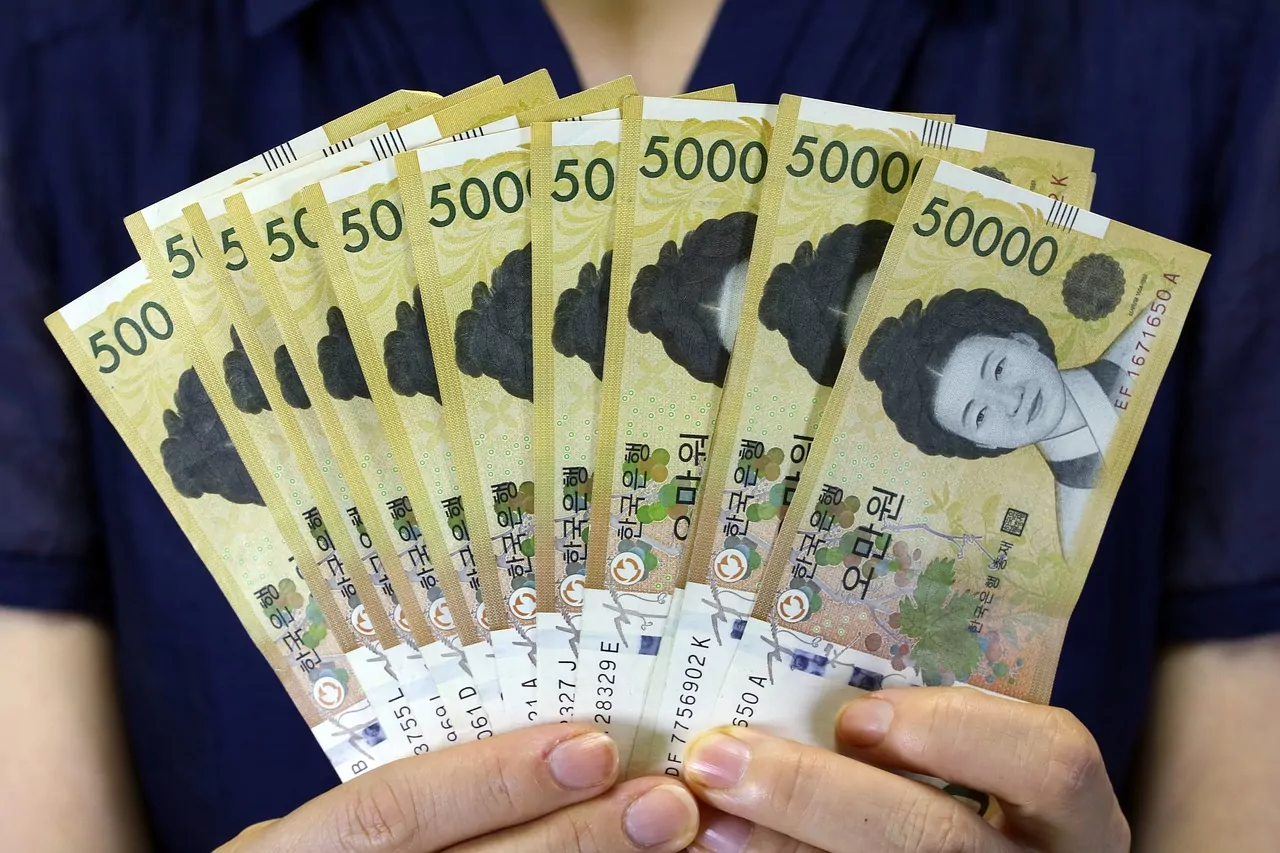Bank of Korea Suggests Lower Wages for Foreign Care Staff

A recent proposal from South Korea’s central bank, Bank of Korea (BOK) has stirred controversy, suggesting the recruitment of foreign care workers to tackle the nation’s aging population while paying them below the minimum wage of 9,860 won (US$7.49) per hour, as reported by The Korea Times.
As outlined in the BOK report, Korea is projected to confront a significant deficit of 1.55 million caregivers for the elderly, sick, and children by 2042, attributed to the aging demographic and the growing population of young, working couples.
This suggestion, outlined in a report released the previous week, has faced backlash from various groups including civic organizations, labor unions, and political figures.
At present, the employment of foreign nannies or caregivers for the elderly is prohibited by law. However, both the government and the Seoul Metropolitan Government intend to initiate a trial program within the year, aimed at introducing nannies and household assistants from the Philippines. The program aims to enforce the same minimum wage standards as those applied to local workers.
Criticism:
Critics have denounced the proposal as discriminatory and a violation of human rights, arguing that by undervaluing care work and proposing to pay migrant workers below minimum wage, the Bank of Korea is disregarding the plight of care workers who already suffer from low wages and poor working conditions.
The proposal was also condemned as an attempt to exploit and discriminate against migrant care workers in the name of national interests.
Meanwhile, an apology was demanded from the central bank by Representative Jasmine Lee of the Green Justice Party, herself a naturalized Korean citizen originally from the Philippines, labeling the report as evidence of outdated attitudes towards workers’ rights and discrimination against immigrants and women.
Key Report Revelations:
- The report suggested introducing separate minimum wage rates for foreign and Korean workers, effectively proposing to pay foreign care workers below the legally mandated minimum wage of 2.06 million won per month.
- The report indicated that expenditure on caregiving is projected to rise due to a scarcity of workers and the aging population.
- It found that Korean caregivers for the elderly and children earned an average of 3.7 million won (US$2,775) per month last year.
- This figure represents more than half of the median income of households headed by individuals in their 30s and 1.7 times the income of those aged 65 and above.
Arguments of BOK:
- The bank argued that this measure would alleviate the financial burden of care work and incentivize more Koreans to enter the labor market, as many women currently forego paid employment to provide care for their families due to the high cost of professional care services.
- Despite these arguments, South Korea is bound by International Labor Organization Convention No. 111, which prohibits employment discrimination. Consequently, any foreign care workers must be paid the same minimum wage as Korean nationals.
- The bank’s proposal circumvented this by suggesting that care workers be hired directly by households, allowing them to be paid below the regulated minimum wage under a provision in the Minimum Wage Act pertaining to household employees.
- Furthermore, the bank proposed exempting the care sector altogether from the minimum wage system, a departure from the current policy where the minimum wage applies universally across all industries.
- The report discussed a survey of Filipino domestic workers in Hong Kong, which suggests they are satisfied with their working conditions. However, it is criticized for its limited scope, as it only includes 102 respondents out of the 338,189 domestic workers in Hong Kong, the majority of whom are from the Philippines. The Hong Kong Federation of Asian Domestic Workers Union expressed solidarity with the workers, highlighting discriminatory laws and policies that leave domestic workers vulnerable. Despite their significant economic contribution, domestic workers receive low wages of HK$7.80 (US$1) per hour, far below the statutory minimum wage of HK$40 (US$5.11), and lack labor protections, leading to calls for reform.



